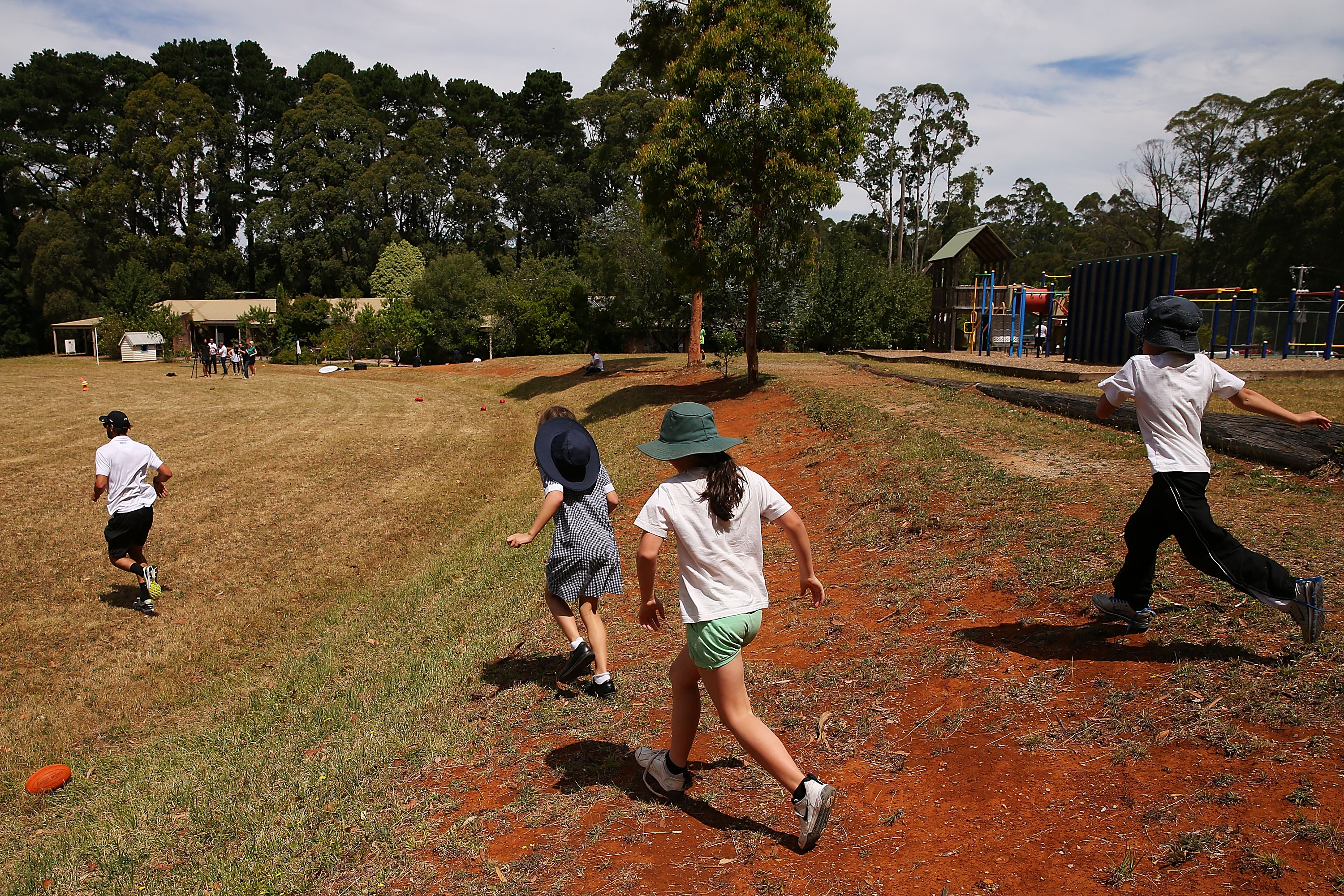
The problem with staffing rural schools

Attracting new teachers to country schools remains one of the biggest challenges in Australian education
Published 25 April 2018
Encouraging student teachers to complete placements in rural schools as a way to address the chronic shortage of teachers in the bush isn’t working.
Our recent study found that, while pre-service teachers were keen to have a ‘rural’ experience, the reality of isolation and limited school resources makes teaching in these schools unattractive; particularly for students from metropolitan backgrounds.

Attracting and retaining teachers in rural schools has been a problem for decades. The recently released Independent Review into Regional, Rural and Remote Education calls it “one of the most persistent challenges on the ‘education agenda’”.
A perceived lack of access to support, opportunities and funding, as well as the ongoing challenge of attracting staff, are still significant disincentives to work in some of Australia’s most needy schools.
The importance of community
Our research examined pre-service teacher motivations for teaching outside city areas.

We tracked eight pre-service teachers who elected to take a placement in a rural school in Victoria, interviewing them before, during and after their placement. Our small sample size reflects the limited number of students who opt in to rural placements (in this instance, there was a total of 28 students completing a rural placement).
We found those who grew up in rural or regional areas were more likely to seek a rural teaching job after finishing their degree. A common thread in their responses was that they like the idea of living in a close-knit community, enjoying the rural outdoors lifestyle and returning to a life that they understood and knew well.
But satisfaction with small country life wasn’t limited to pre-service teachers who had grown up in rural towns. The students from urban backgrounds also enjoyed the quality of life in a small community. The reciprocity amongst people within these communities and the idea of “looking out for your neighbour”, as one of the urban participants put it, was at the heart of their enjoyment.
All participants in this project also enjoyed the “small size classes” and the possibility of developing a familiarity with their students. They highlighted the benefits of “knowing the students, and their families”.
The downsides
Despite this positive outlook toward rural teaching, all participants before, during and after their placements held some ‘deficit’ views about rural schooling.

Compared to urban schools, rural schools were described, particularly during their pre-placement interviews, as poorly resourced and poorly staffed, with many schools having to “make do” with teachers on staff teaching in areas outside their expertise.
A recurrent theme over the three stages of the study was the idea that there is a lower expectation of students than in urban schools.
Implicit in this view is a residual idea of rural schooling as a second-rate institution that doesn’t demand from its students the same level of excellence as that expected in urban schools.

The pre-service teachers also pointed out that rural content was scarce in the teacher education program.
However, some of their preconceived concerns about poor classroom behaviour, proved to be unfounded during their placement. Instead, they generally found rural students collaborative and willing to learn. Further, they commented that when they met their students outside school they could establish positive relationships.
The frontier: a deficit view of rurality
Various studies have claimed that government incentives aren’t working in luring pre-service teachers to rural school jobs. They argue that the disincentives trump the incentives. For example, in Western Australia completing a stint in a rural or remote school guarantees a new teacher the urban school of his or her choice, which might attract teachers to rural schools but only on a transitional basis.
Luring teachers from the city offers specific challenges. Attracting them for a specific stint only exacerbates the perennial problem of the rural staffing turnover. It also reveals a deficit view of rural schools – that is that they are in need of help from their metropolitan peers.
This deficit view of rural places was also present in some participants in our research. Those coming from urban backgrounds felt that “if you can make it in a rural school, you can make it anywhere”. Another participant viewed the rural placement as a frontier experience, or a “rite of passage in becoming an experienced teacher” but not the ideal job long term.

Time for action: an organic solution
The Independent Review into Regional, Rural and Remote Education offers some important recommendations, such as a national focus on rural education research; greater resources for leadership, teaching, curriculum and assessment; improving ICT in rural locations; and better transitioning into and out of school. Special emphasis was placed on the difficulties for rural students in accessing tertiary education.
But when it comes to solving the problem of recruiting and retaining rural school staff, perhaps we should shift the lens towards a more organic solution.

Nurturing rural students to pursue a teaching career, including support in their higher education degree and later job security, can contribute to the staffing of rural schools but also the long-term sustainability of rural communities.
Our small sample prevents us from making generalisations; however it does suggest that public policies should place the emphasis on supporting graduate teachers from rural and regional areas in gaining and retaining jobs in rural schools.
This seems in the short term to be the best solution to this perennial problem.
Not all rural young people want to leave their communities. The point though isn’t to generate a solely homegrown rural teaching workforce who might lack diversity, but to provide every rural student and school with the same chances to succeed that their metropolitan peers enjoy.
Banner: Getty Images

